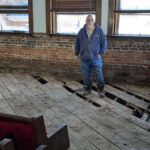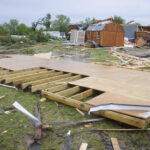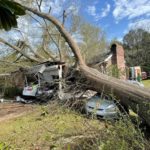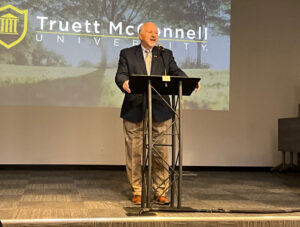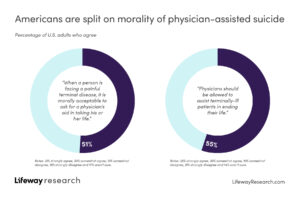

As Hurricane Helene flooded Carter County, displacing more than 1,000 families, I watched the waters rise just one-tenth of a mile from Grace Baptist Church, fearing we would lose everything. By God’s mercy, the waters stopped short.
That day, people arrived at our doors. Neighbors’ homes were underwater, families had nowhere to turn, and they sought help. Our church could not stand by – we had to act.
A defining scene
In the first week, a team found a 90-year-old man in his truck, his home washed away by the flood. He had no food, water, phone service or gas. Without our team, I am convinced he would not have survived. That moment underscored why churches must be ready before disaster strikes: When we act, we save lives and share Christ’s compassion.
Seven steps to prepare
Helene showed that every church, large or small, must plan ahead. Here are seven actionable steps:
- Plan for communication outages. Cell towers failed during Helene. Invest in two-way radios or satellite phones to coordinate ministry.
- Organize member care. I spent three days checking on members without a system. Form neighborhood groups so families can check on one another.
- Prioritize the household of faith. Galatians 6:10 and 1 Timothy 5:8 urge us to care for God’s family first, then extend outward.
- Create an emergency shelter plan. Decide who will stay each night, oversee feeding and lead if your church becomes a refuge.
- Plan for pets. Some will not evacuate without animals. Partner with local shelters to provide pet housing or supplies.
- Develop a mass feeding and communication plan. Even without housing, you can feed people. Our Starlink internet was a lifeline for families.
- Use neighborhood care lists. Assign members to check subdivisions and report needs. Set up a board in the fellowship hall for notes on needs or missing persons.
We lacked these plans and struggled. Preparing communication and community systems in advance would have made us more effective. Here are some other thoughts to help prepare you and your church in advance of a disaster.
The power of partnerships
Partnerships were vital. Tennessee Baptist Disaster Relief and Texans on Mission helped Carter County recover faster. Local government and ministries like God’s Warehouse expanded our reach. No church should face disaster alone nor should they. Find partners and build relationships before disaster strikes.
God’s sovereignty in crisis
Disasters spark tough questions: Why would God allow this suffering? People feel anger, doubt or despair. Isaiah 45:7, Amos 3:6, Lamentations 3:37-38 and Job 2:10 affirm God’s sovereignty over calamity, using it to draw people to Him. Romans 8:28 assures us He works all things for His glory and our good.
Why every church must act
Some pastors of small congregations — say, 40 attendees — may wonder why a disaster plan matters. Quick communication frees your church to serve the community faster. Every church can make a difference. Disaster ministry also engages members who feel out of place in traditional roles, letting them meet urgent needs and make an eternal impact.
A call to action
Disaster relief reflects the Gospel’s heart – Jesus came to rescue the perishing. Churches should act now: Convene a disaster preparedness team this month, draft a plan and build partnerships. Pray for Gospel-driven compassion. When disaster strikes, be ready to serve as Christ’s hands and feet.
Travis Tyler is pastor of Grace Baptist Church, Elizabethton, Tenn., which has been a hub for disaster relief following Hurricane Helene. This article originally appeared in the Baptist and Reflector.




